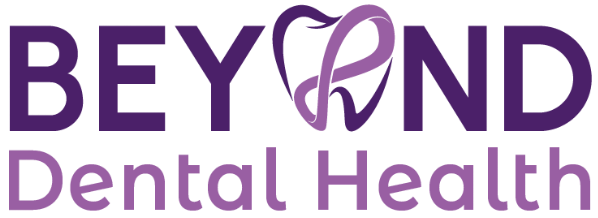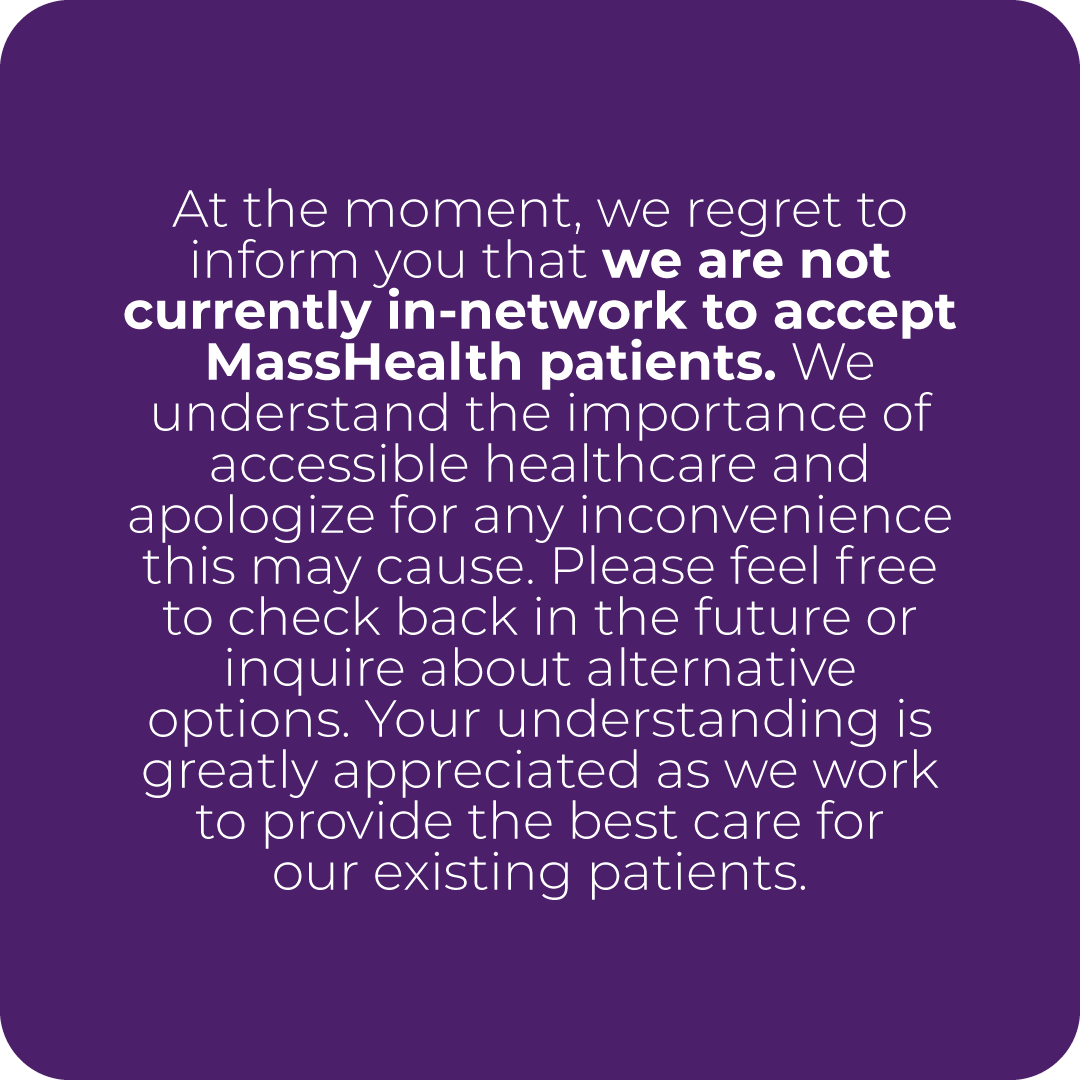There are many, many diets out there that claim to be the right one. I believe that you have to find the right balance between nutrition, discipline and making choices, and also eating what you enjoy. In my family, we love food, including some that aren’t so good for us, including pasta, bread, dairy and sugar. The trick is finding the right balance and supplementing it with the nutrients that you need.
This past week, I attended a fantastic training program that among other things, emphasized the importance of nutrition and finding the right balance for each individual. Since the training, I’ve made some changes in my family to what we consume and I wanted to share some key takeaways from this enlightening experience, with the hope that it can help others, too.
The Power of Nutrition:
One of the primary focus areas of the training program was the critical role that nutrition plays in our overall health and well-being. Nutrition contributes to how you feel, inflammation levels, ability to think and concentrate, energy levels and so many other facets of life. The foods we consume have a direct impact on our health, and as a dental and healthcare professional, it’s essential to communicate these connections to patients. From the development of cavities to gum disease but also sleep and even oral cancer, our dietary choices significantly influence our oral health outcomes.
Below, we just scratch the surface of what can and should be done and my hope is to provide a starting point and some perspective, so that readers are informed enough to make the choices that are right for them.
The Benefits of an Anti-Inflammatory Diet:
A key topic covered during the training was the benefits of an anti-inflammatory diet for individuals who require it – and not everyone does. For many of my TMJ patients, they are already dealing with pain management and inflammation and so keeping inflammation levels low is critical for their treatment and reduction of symptoms. Chronic inflammation is a contributing factor to various health conditions, beyond gum disease and oral health issues. An anti-inflammatory diet, rich in fruits, vegetables, lean proteins, healthy fats, and whole grains, can help reduce inflammation in the body and support better health. However, when we say, “eat your fruits and vegetables,” you should know that if you are truly trying to reduce inflammation in your body, you are also reducing some fruits and vegetables also, including tomatoes, peppers and beans. This type of diet also focuses on avoiding processed foods, refined sugars, and unhealthy fats, all of which can contribute to inflammation.
The Dairy Dilemma:
While many of us grew up drinking tons of milk (I always loved it as a kid) and believing that it makes us healthy and strong, we need to realize the potential drawbacks of consuming dairy, particularly before bedtime. Dairy contains a lot of sugar and saturated fat, both of which contribute to inflammation in the body. Dairy products can cause mucus production, leading to bad breath and an increased risk of cavities as it encourages bacterial growth. Additionally, some individuals may have lactose intolerance or sensitivities, causing discomfort or other adverse reactions. It’s important to understand and be aware of these issues so that you can determine what is right for you and your body.
Grains, Carbs, and Gluten: Striking the Right Balance:
Lastly, I want to address the problems associated with a grain and carb-heavy diet, especially in the United States, where much of the grains are fortified with iron and B vitamins. A diet high in refined grains and carbs can contribute to health problems to your digestive and cardiovascular system as well as tooth decay and other oral health issues.
As a healthcare professional, part of my job is to provide information so that patients can decide what is best for them. It’s crucial to strike the right balance in your diet and it has both short and long term impacts on health. I would encourage everyone to watch the food you eat and understand what you are putting into your body. The best way to make sure you are smiling is to feel good and your diet is a key part of it! Keep smiling!


